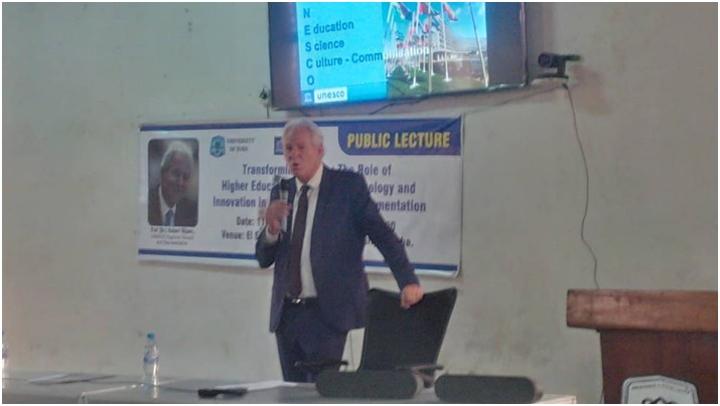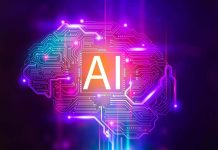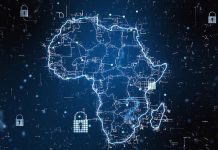Africa-Press – South-Sudan. By Ochan David Silvio
United Nations Educational, Scientific and Cultural Organization. UNESCO yesterday held crucial public lectures that drew the main challenges impeding education, science, technological growth, and innovation in sub-Saharan Africa.
The public lectures also focused on the water, energy, food nexus and its importance in achieving the African Union adopted agenda 2063. The three sectors, water, energy, and food are at the heart of sustainable development and present key building blocks for sustainable cities and green economies.
It identified the specific roles to be played by universities, and science, technology, and innovation to catalyze the global transition towards a world and an Africa where people live in harmony between themselves and with nature.
Speaking during the public lecture, the regional director for UNESCO Prof Hubert J Gijzen said that Africa has verse skills, resources, and labor that is capable of thriving a sustainable development goal.
“Let us embrace the use of information technology to improve the quality of Education in our learning institution, it is the right time we unleash our African lion(skills and resources) to improve education, science, technology and innovation in South Sudan” he added.
He stated that transformational shifts will be needed especially in these three major sectors to be able to balance people’s needs and the planet, the revolution towards ‘New water, New Food’, and New Energy will lead to a progressive future for Africa and the world.
Hubert said most Sub-Saharan African countries do not achieve industrial revolution like increased access to energy, electricity, and others. What Africa needs is to develop a strategic plan to implement the three industrial revolutions including computer evolution electricity, and steam engine to foster growth.
In 2013, the African Union adopted agenda 2063 under the title “The African we want”, presenting a vision for the socio-economic transformation of the content over the next 50 years.
Two years later the member state of the united nation unanimously adopted agenda 2030 “transforming our world: the agenda 2030 agenda for sustainable development”.
Both agendas present historic plans to wipe out poverty, fight inequality, and transit towards sustainable development paths. The sustainable development challenges are complex and require collective action and response from the entire global citizens.
For More News And Analysis About South-Sudan Follow Africa-Press






